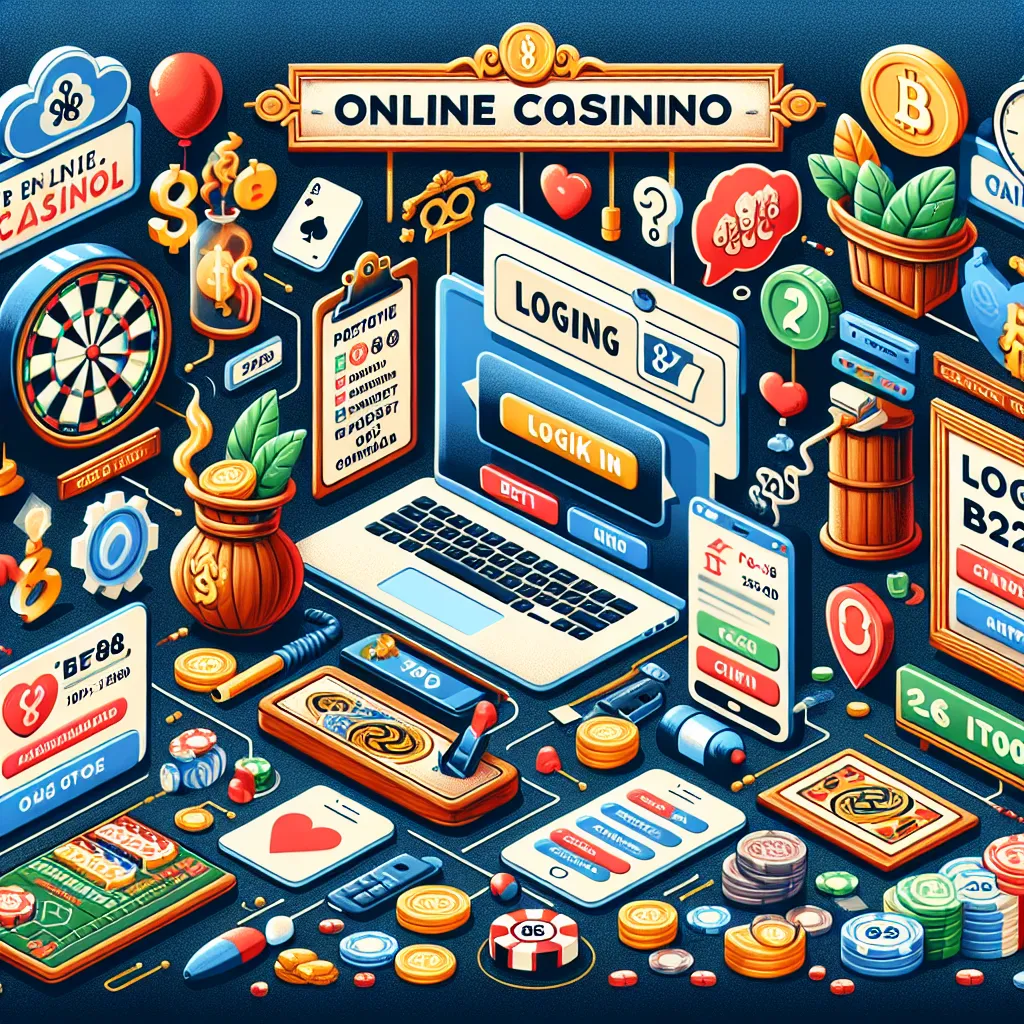The proliferation of online gaming platforms has transformed the traditional gambling industry, making games accessible from the comfort of home. Central to this experience is the online casino login, a gateway to accessing platforms such as Bet88 and Pilipinas 22Two Online Casino. As more players engage with digital casinos, questions arise regarding the function and utility of these login systems. This article aims to shed light on what an online casino login entails, why it is crucial, and its role in enhancing or compromising player experiences.
An online casino login is essentially a security mechanism designed to verify a player’s identity before granting access to their account. This is typically done through credentials like a username and password combination. Many platforms are now integrating two-factor authentication (2FA) to enhance security further. This involves providing a secondary verification code sent to the user’s email or phone, thus safeguarding accounts from unauthorized access and potential breaches.
The primary reason online casinos employ login systems is to ensure the security and integrity of user accounts. By authenticating users, casinos can prevent unauthorized access, reducing the risk of fraud and protecting personal and financial information. Furthermore, requiring a login allows casinos to offer a tailored gaming experience. Personalized features such as game suggestions and customized promotions based on a player’s history significantly improve user engagement and satisfaction.
Opinions vary on whether online casino logins are beneficial or problematic. When implemented with robust security measures, login systems offer significant advantages, including enhanced account protection and personalized user experiences. However, platforms lacking adequate security protocols can expose users to risks such as hacking or identity theft. Players are encouraged to employ strong, unique passwords and utilize available security features like 2FA to maximize protection.
Questions also arise about whether online casino logins could facilitate cheating. It’s important to understand that the login process itself does not affect game fairness. Reputable casinos like 22Two and Bet88 employ advanced Random Number Generators (RNGs) and undergo regular audits by independent bodies to ensure that their games produce fair and random outcomes. This ensures an unbiased gaming experience for all players.
Selecting a trustworthy casino is crucial for a safe online gambling experience. Players should prioritize platforms licensed and regulated by reputable authorities. Regulatory oversight ensures that the casino adheres to high standards of security and fair play. Additionally, player reviews can offer insights into the casino’s reliability and its commitment to providing a secure environment.
In regions such as the Philippines, online casinos like 22Two are setting benchmarks for secure login practices. By blending comprehensive security protocols with a commitment to personalized user experiences, these platforms foster trust and loyalty among their players. Trust is not only vital for player retention but also for attracting new players in a competitive market environment.
Although the online gambling industry presents challenges, well-informed players can enjoy a secure and engaging experience by understanding and adopting secure practices. Recognizing the importance of secure login systems and taking advantage of the security measures offered by online casinos are crucial steps in mitigating risks and maximizing player satisfaction and security.
In conclusion, online casino logins are designed to protect players and enhance their gaming experiences within the digital landscape. By implementing strong security protocols and offering personalized engagement, casinos create an environment where safety and enjoyment are prioritized. As the online gambling industry continues to evolve, the importance of effective and reliable login systems will remain central to sustaining trust and success in this dynamic field.



